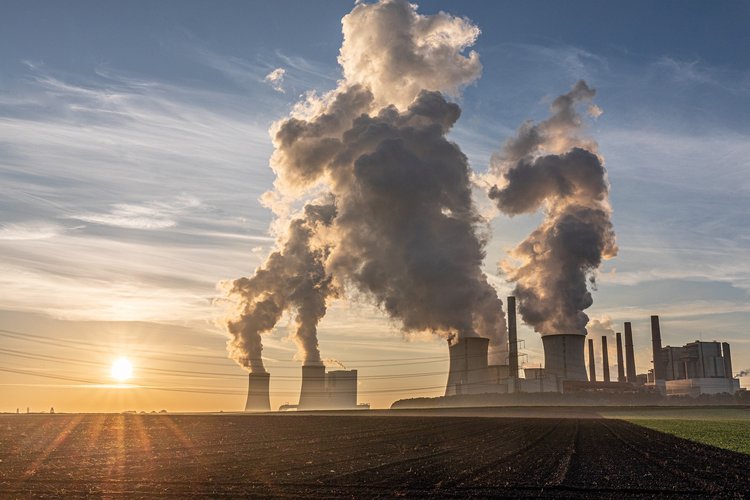Financing a Just Coal Transition in SPIPA Countries
Financing the implementation of the Paris Agreement
January 13, 2022
What?
Research Study: Options & Challenges to Financing the Coal Transition in SPIPA Countries
Our research study investigates what kind of international support can be used to bring about a quicker coal phase-out in member countries of the Strategic Partnership for the Implementation of the Paris Agreement (SPIPA). In the current geopolitical context of the war in Ukraine that is set to impact the world’s energy policies for decades to come, this report carves out the challenges, the policy options, the opportunities for a coal exit and the tools that policymakers need to make an effective energy transition happen.
Our research insights primarily aid investors and international entities interested in effective and fiscally feasible donor engagements in SPIPA countries. But that’s not it! We are also sharing our findings and ideas with the private sector and the wider general public, since we believe that the commercial financial instruments we assessed – like green bonds – are majorly available to private individuals who may also want to invest in a carbon-neutral future.
Why?
Meeting the goals set forth by the Paris Agreement
Reducing coal power in major economies around the world – and ultimately phasing it down completely – is key to meeting the world’s climate goals set forth by the Paris Agreement. Following COP26, there has been increasing societal pressure and calls to phase out dirty fossil fuels and the governmental subsidies supporting them, while also eliminating coal use. In parallel, the Glasgow Climate Pact has pushed numerous countries to announce non-binding pledges to stop funding foreign coal power plants.
There is a special focus on the major coal-consuming countries, who have voluntarily joined together in the Strategic Partnerships for the Implementation of the Paris Agreement (SPIPA). Funded by the EU’s partnership instrument (80%) and supported by the German Federal Ministry for the Environment, Nature Conservation and Nuclear Safety (BMU) in the context of the International Climate Initiative (IKI) (20%), SPIPA aims at translating the political commitment of the Paris Agreement into concrete actions. More info on the SPIPA coalition can be found here.
International efforts to transition away from a coal-driven energy sector are attracting the ever-growing attention of international investors and donors, particularly towards SPIPA countries who need a just transition away from coal. Our role and responsibility as a mission-driven Think Tank is to ensure that the capital and desire to enable a just transition from coal to clean power is channeled to the right avenues, for a rapid and fair coal phase-out in SPIPA countries.
The Challenge
Developing a holistic and practical solution.
International support for coal phase-out must be designed in a way conscious of any political, economic or social constraints unique to each country and region. The research we will conduct in this project is thus aimed at highlighting and addressing the most relevant questions and strategic options at hand to enable a rapid and fair transition away from coal. We will consider potential cooperation between the private, public and mixed ownerships of utilities and energy sector providers. Our end goal is the development of a ‘toolbox’ of financing mechanisms and regulatory instruments readily available to international entities in aiding the transition to coal phase-out with financial or technical support.







